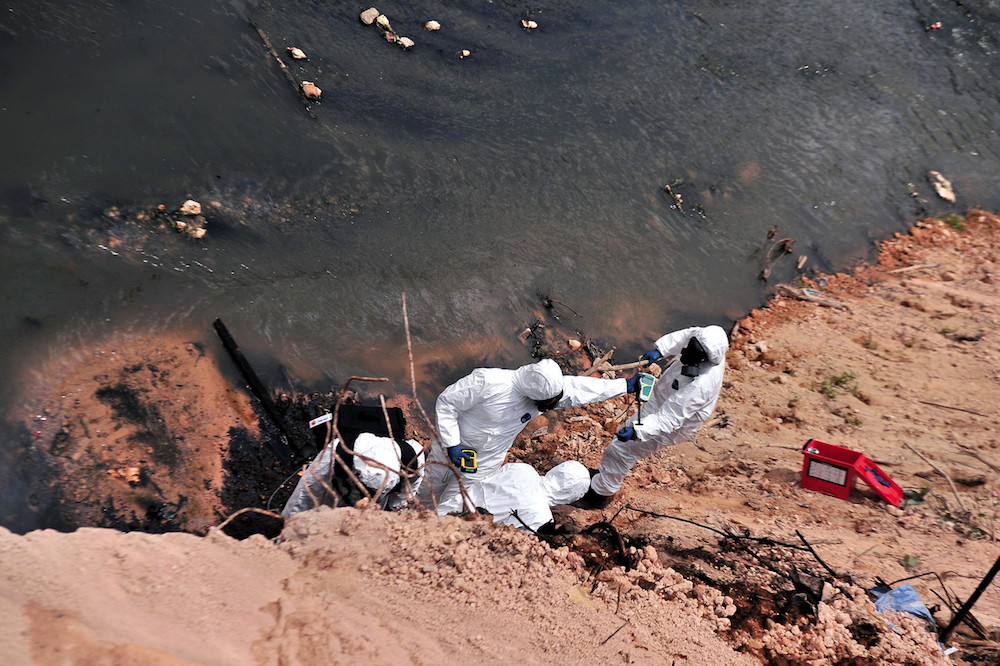KUALA LUMPUR, July 22 — Litter, rubber tyres and tiny pieces of plastics dumped by unscrupulous businesses, industries and households are choking Johor’s rivers to death, Berita Harian reported today.
The Malay daily reported the 16 most polluted rivers are in the state’s industrial hub of Pasir Gudang and named them as Sungai Kopok, Kim Kim, Tukang Batu, Laloh, Buluh, Perembi, Masai, Rekoh, Plentong, Tebrau, Stulang, Skudai, Danga, Melayu, Perepat and Pentas.
The accumulated trash in the rivers form mini islands of rubbish on the banks which then release a thick, foul and toxic odour as they bake under the tropical sun and become more polluted as they flow out to sea, killing all underwater life within the vicinity.
“An analysis of the water sample in the Straits of Johor revealed it contained heavy toxic metals, which include lead, chromium, cadmium, arsenic and nickel,” Faizuan was quoted saying.
According to the news report, there are 1,780 commercial industries, 1,532 small and medium businesses as well as 172 sewage treatment plants along the 46km stretch of Sungai Skudai alone.
The most affected rivers are Sungai Perembi, Sungai Buluh and Sungai Tukang Batu.
“All of these factors are endangering the marine life in the river that feeds into the larger river system.
“The continued pollution of these rivers will have caused the mussels growing in these rivers to be nearly extinct,” the UTM lecturer was quoted saying further.
In March 13, 111 schools throughout Pasir Gudang were forced to shut due to high levels of river pollution that also released toxic chemicals in the air and was spread by the wind around the district, causing residents to sicken.
Despite a clean-up, in June schools and education centres with some 20,000 students and teachers within a 6km radius of Taman Mawar have been ordered closed following the second wave of air pollution in Pasir Gudang.
Faizuan said he has been studying and researching the rivers for eight years and deduced that rapid development around the area of Selat Johor have contributed to the pollution which sees no end in sight.
“I analysed the water quality in Sungai Skudai, Danga, Melayu, Perepat and Pendas specifically and found waste from factories, sewage plants, domestic cleaning waste water and rubbish in these rivers.
“This will in turn funnel into the many river channels in the area compounding the issue,” the lecturer told Berita Harian.



















